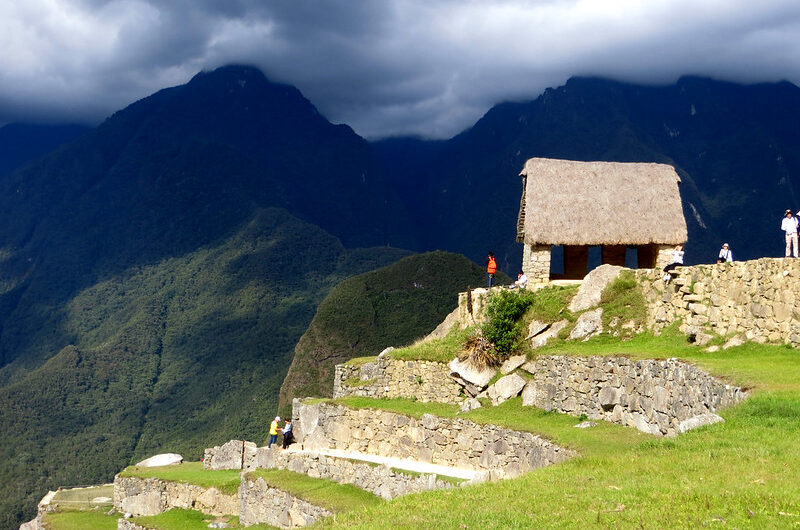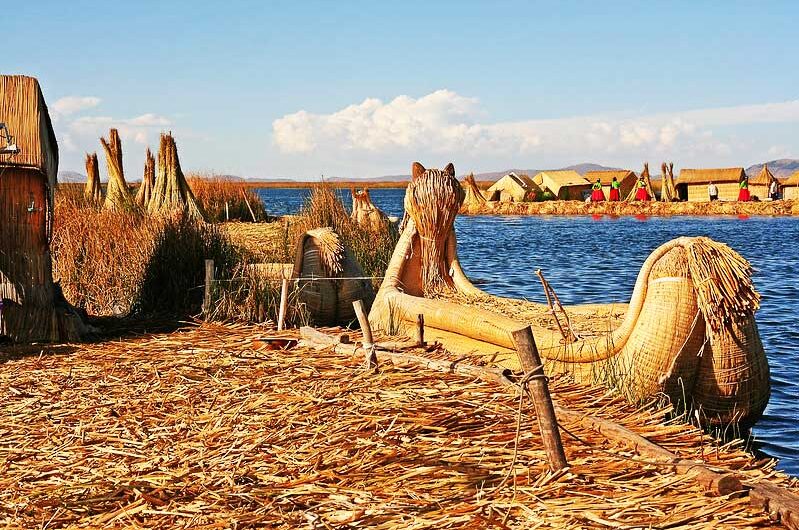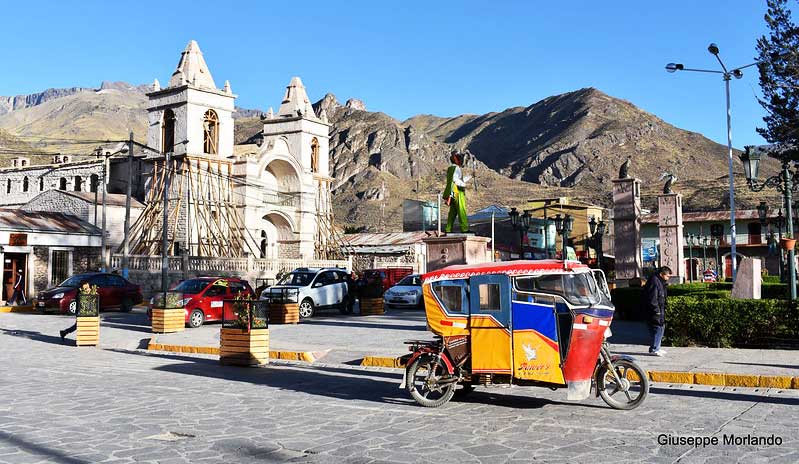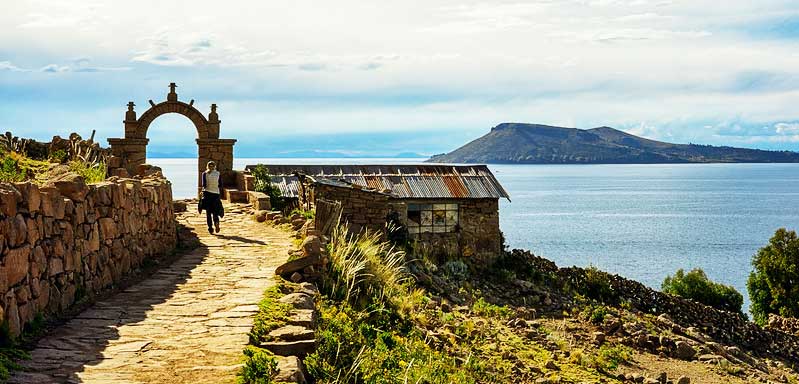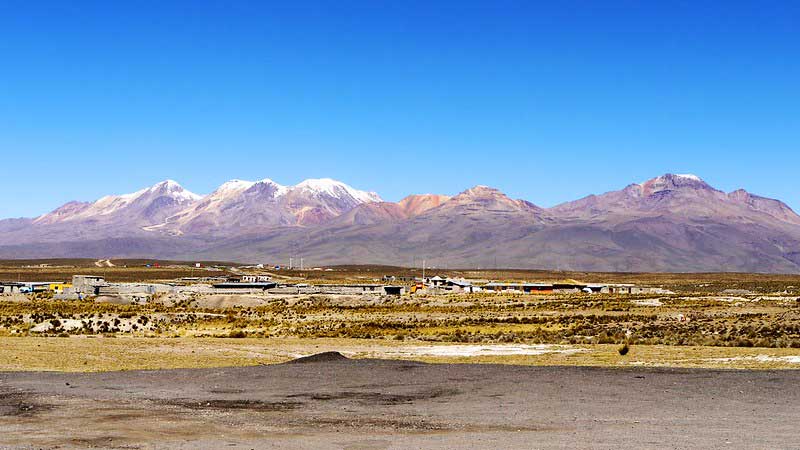There’s a mountain in southern Peru that looks like a woven poncho. No joke. Imagine zig-zagging ridges painted in deep reds, mustard yellows, emerald greens—and not a tourist in sight. Welcome to Pallay Punchu (also known as Pallay Puncho or Pallay Poncho), Peru’s newest natural wonder and a rising star for adventurous travelers. If you’ve already done the usual circuit—Machu Picchu, Rainbow Mountain, Sacred Valley—Pallay Punchu offers a raw, off-the-beaten-path experience that feels like a secret. Here’s your all-in-one guide to exploring this stunning mountain, including travel tips, trekking advice, tour options, local culture, and the best times to go.
Peru captivates travelers with dramatic landscapes, ancient history, and vibrant cultures. But as destinations like Cusco, Puno, Arequipa, and the Amazon draw more visitors, protecting these delicate ecosystems and communities becomes crucial. Sustainable tourism isn’t just a buzzword—it’s the key to preserving Peru’s magic for future generations. This guide shows how you can explore responsibly and leave a positive footprint wherever you go. Why Sustainable Tourism Matters in Peru From Machu Picchu’s fragile stonework to the lush biodiversity of the Amazon, Peru’s treasures are under threat from over-tourism, climate change, and cultural commodification. By choosing sustainable travel practices, you help:
If you’re dreaming of surreal striped mountains in Peru, chances are you’ve come across both Pallay Punchu and Rainbow Mountain (Vinicunca). But which one should you visit? While both offer stunning mineral-rich formations and epic high-altitude treks, they differ greatly in crowds, remoteness, and authenticity. In this guide, we’ll compare them side by side so you can choose your perfect mountain adventure. Quick Overview: Pallay Punchu vs Rainbow Mountain Feature Pallay Punchu Rainbow Mountain Location Layo District, Canas Province Ausangate Region, Cusipata Elevation 4,791 meters (15,720 ft) 5,200 meters (17,060 ft) Hike Duration 2–3 hours round trip 1.5–2.5 hours round
Planning a trip to Pallay Punchu? Timing can make or break your experience. Weather, crowd levels, and visibility change dramatically throughout the year. In this guide, we’ll walk you through each season, month-by-month advice, and expert packing tips to ensure you experience the mountain at its best. Why Timing Matters Season-by-Season Overview December – March: Rainy Season Expect daily afternoon showers, muddy roads, and low visibility from clouds. The trails become slippery, and vehicle access can be disrupted. Verdict: Avoid unless you’re prepared for adventure—and rain. April – May: Start of the Dry Season Skies clear up, temperatures hover between
Puno to Chivay bus journey Are you ready for an unforgettable adventure through the stunning landscapes of Peru? Look no further than the bus journey from Puno to Chivay. This route will take you on a mesmerizing ride through some of the most breathtaking scenery in the country. From snow-capped mountains to deep canyons, this journey offers a feast for the eyes at every turn. In this article, I will guide you through the highlights of this incredible journey, provide you with tips for a comfortable bus ride, and recommend the best time to travel. So buckle up and get
Machu Picchu tours from Lima, the vibrant capital of Peru, is not only a bustling city with rich history and culture but also the starting point for many adventurers looking to explore the mystical ruins of Machu Picchu. This ancient Incan city is perched high in the Andes Mountains, shrouded in mist and mystery, and is one of the most iconic sights in South America. The journey from Lima to Machu Picchu is a transformative experience, offering a blend of urban exploration, scenic landscapes, and a deep dive into the heart of Incan civilization. As you set your sights on
Introduction to Uros Floating Islands Uros Floating Islands, also known as the “Islas Flotantes de los Uros,” are a unique and fascinating destination located in the heart of Lake Titicaca, Peru. These man-made islands are constructed entirely out of totora reeds, which grow abundantly in the shallow waters of the lake. The Uros people, who have inhabited these islands for centuries, have developed a distinct way of life that revolves around their natural surroundings. The History and Origins of Uros Floating Islands The history of Uros Floating Islands dates back to pre-Columbian times, making them one of the oldest known
Chivay, Peru is a hidden gem nestled in the heart of the Colca Valley. Located in the Andes Mountains, this enchanting town offers a unique and authentic experience for travelers seeking to explore the beauty and cultural heritage of Peru. With its breathtaking landscapes, rich cultural heritage, and diverse flora and fauna, Chivay is a destination that will leave visitors in awe. Whether you are an adventure enthusiast, a nature lover, or someone who appreciates the charm of small towns, Chivay has something for everyone. Exploring the Colca Valley One of the main highlights of visiting Chivay is exploring the
Taquile Island, known as “Isla Taquile” in Spanish, is a hidden gem nestled in the heart of Lake Titicaca in Peru. This enchanting island has captivated visitors with its rich history, vibrant culture, and breathtaking landscapes. In this comprehensive guide, we will delve into the mysteries of Taquile Island, exploring its geographical and historical significance, its unique social structure, traditional clothing and weaving, gastronomy, must-visit landmarks, sustainable tourism initiatives, and essential travel tips. Get ready to embark on a journey of discovery and immerse yourself in the beauty and authenticity of Taquile Island. Introduction to Taquile Island Taquile Island is
As a traveler, there’s something exhilarating about taking the scenic route and exploring a destination in a way that allows you to truly immerse yourself in its beauty. One such journey that promises a breathtaking experience is the bus ride from Arequipa to Chivay in Peru. This route showcases not only the stunning landscapes of the region but also provides an opportunity to discover the hidden gems along the way. Why Take the Bus from Arequipa to Chivay? The bus journey from Arequipa to Chivay is not just a means of transportation; it’s an adventure in itself. While other modes


